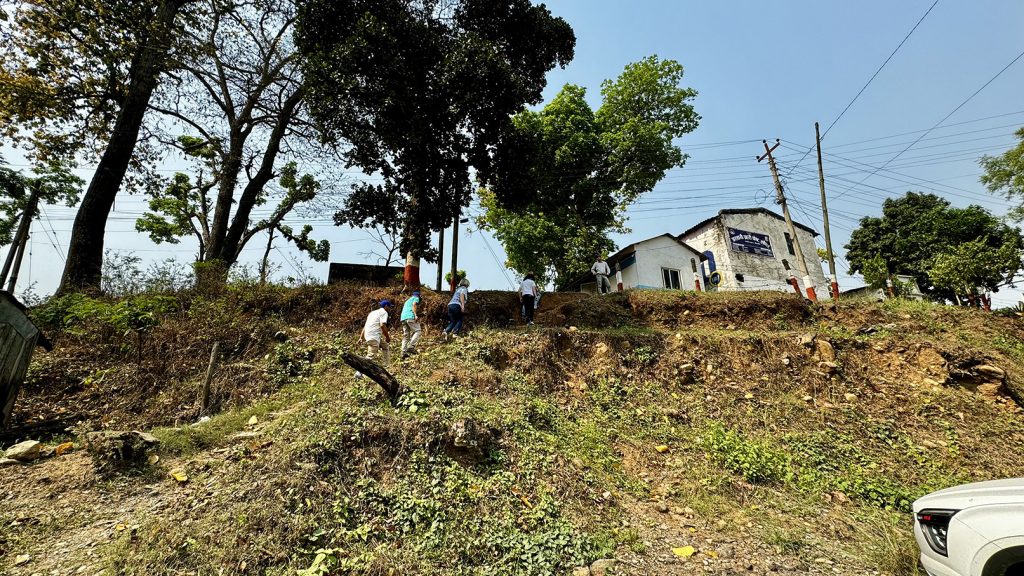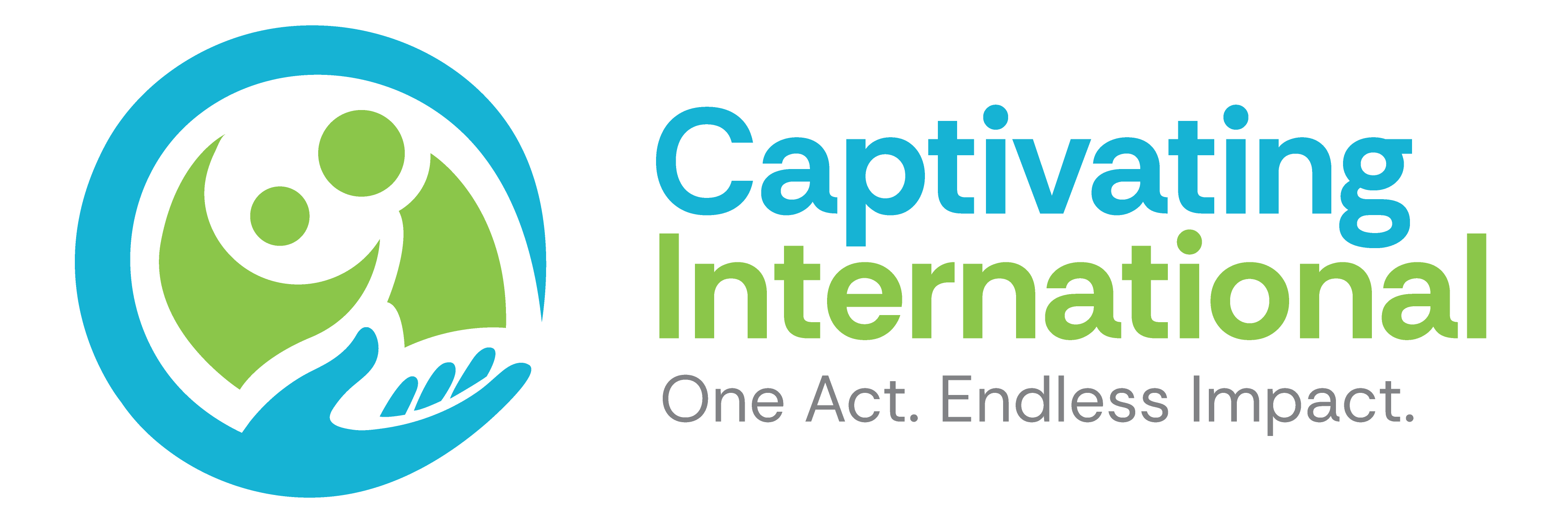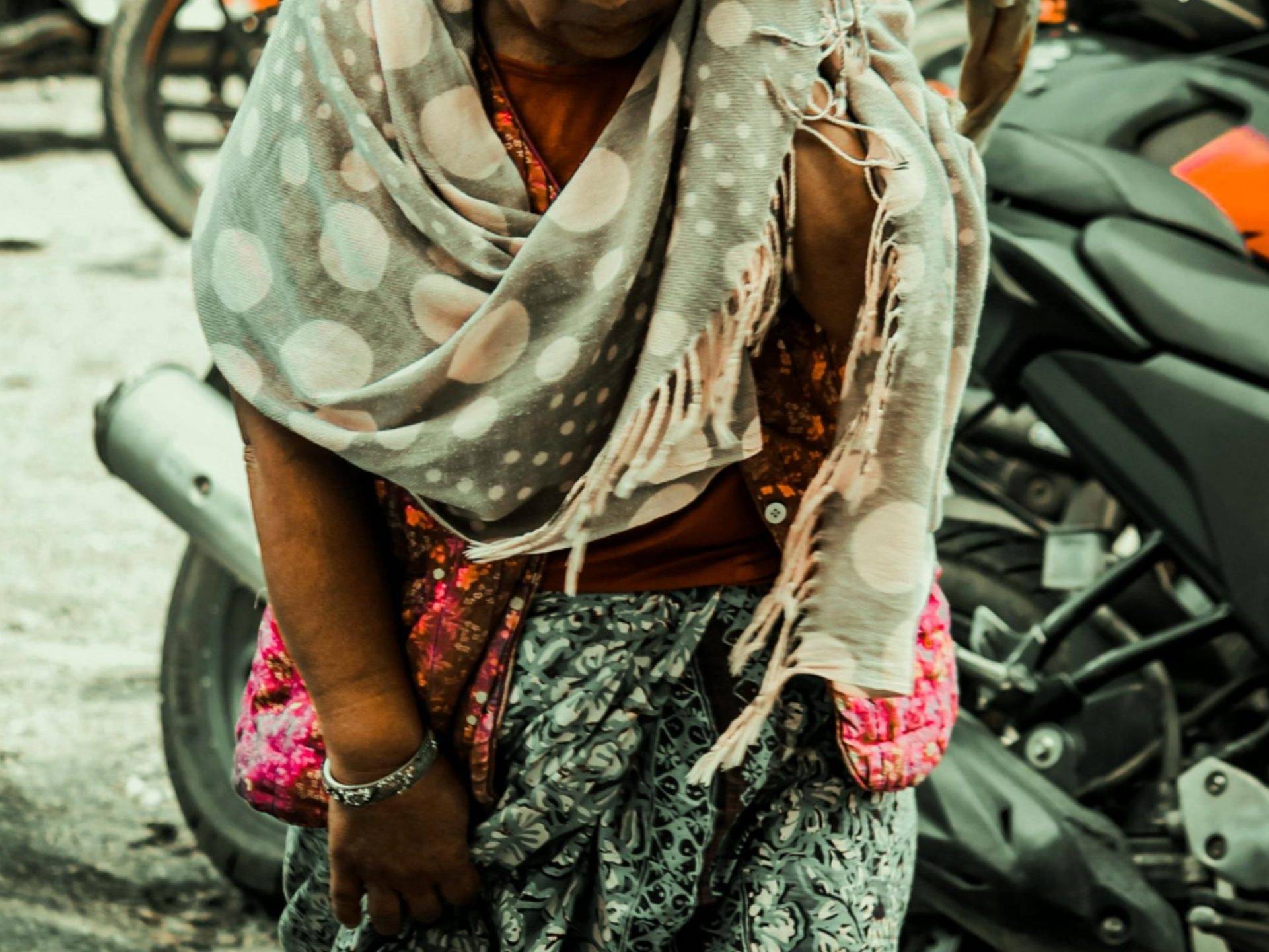According to the Trafficking in Persons Report (2018) from Nepal’s Human Rights Commission, around 35,000 people are trafficked from Nepal annually, including approximately 15,000 women and 5,000 girls. Human traffickers are skilled enough to detect desperation and vulnerability among Nepali girls. In just a matter of minutes, a girl can be helplessly sent to an unfamiliar place and be exploited forever.
For 10 years, Captivating International has fully funded the anti-human trafficking program run by one of our in-country implementing partners, 3 Angels Nepal. Over this time, the work of operating monitoring stations in key trafficking hotspots has continually evolved to make the best possible impact. Today, trained program staff operate five monitoring stations, working closely with local authorities to spot warning signs that a girl might be in the process of being trafficked.

How it Works
Those who show red flags or whose situation looks unusual will be:
Interviewed. Potential victims are sometimes accompanied by their traffickers, who pretend to be their friends, lovers, or family. Our staff interviews the suspected traffickers with smart questions and picks up on the tiniest details that mess with the coherence of their answers.
Investigated. At this point, traffickers will show telltale signs of their shady activities. Those who display suspicious answers and actions are further investigated.
Counseled. Most women we find at the monitoring stations need to be made aware of what lies ahead. They are typically lured by social media friends, fellow villagers, or the worst—their own families. This is why we do our best to be on the lookout for the red flags. Interception is a Nepali girl’s last line of defense before she disappears forever.
We do not only intercept—we also spread awareness.
In every area, we implement our award-winning Hamro Abhiyan Anti-Human Trafficking Awareness Program across schools, community groups, and army police forces. We tackle our topics with the delivery of thoughtfully designed content that is meant to impact and retain every participant’s mind. We believe in the power of information, and these efforts help reduce the girls we intercept at the border.
Finally, we support survivors who have been trafficked or abused by providing legal advice and advocating for justice. Many women come to our help desks seeking assistance after experiencing exploitation by traffickers, family members, or fellow villagers. By working closely with local authorities and court systems, we amplify their voices, help them seek justice, and empower them through knowledge.
From intercepting girls at the brink of danger to educating communities about trafficking risks, and providing survivors with the tools to seek justice, our work tackles human trafficking from every angle to build a safer tomorrow.
How To Help
Intercept a girl at a monitoring station
- USD 100 | AUD 150
Become a project partner and help expand our work
- USD 5,000 | AUD 7,200
Partner with us and you’ll receive semi-regular updates. You can expect a Simply Captivating Mid-Year Impact Report every August, a Simply Captivating Annual Impact Report every February, and short tailored updates on the program/s most relevant to you.
The Anti-Human Trafficking Monitoring Stations Program – Captivating Nepal, is an approved aid and development project run in partnership with the Global Development Group (ABN 57 102 400 993), an Australian DFAT- approved NGO that carries out quality humanitarian projects and experts in long-term solutions to poverty. For more information about GDG, visit http://www.globaldevelopment.org.au
Donations for this program are tax-deductible in Australia, New Zealand, the USA, and Hong Kong.
Be a Part of the Solution
Together, we can protect more girls and women from the horrors of human trafficking. Your generosity can save lives and provide hope.
Be their lifeline.



